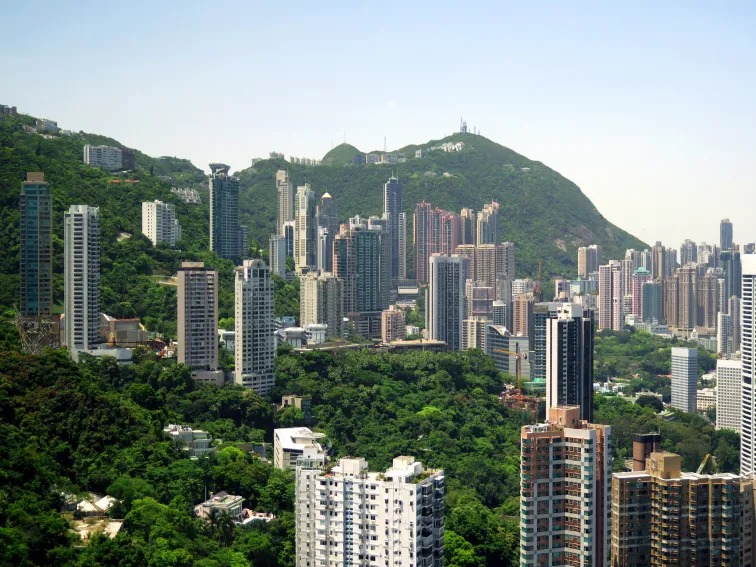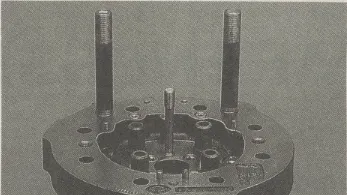
Luxury condo prices down 1.7% in Q3 as the rich rein in spending
Hong Kong Island’s luxury home sales crashed 90% to just 10 in September from 100 in April.
Luxury apartment prices slipped 1.7% QoQ in Q3 amidst disappointing transaction levels, according to Savills Hong Kong.
Rich locals abstained from buying trophy assets, as the ongoing trade war had a negative impact on their businesses, both in Hong Kong and China, noted Savills. Instead, high net worth individuals (HNWIs) and family offices turned to more conservative investment strategies, with few choosing to invest in super luxury housing.
As a result, sales of Hong Kong Island’s luxury properties (over 1,000 sqft and worth more than $10m) diminished 90% from 100 in April to just 10 in September. Kowloon and New Territories’ luxury market also diminished by 54% from April to September, reaching 57 transactions.
Also read: Property sales down for fourth straight month in September
Only eight transactions of over $100m were recorded on the Peak and Southside in Q3, significantly lower than the 25 super luxury premises transacted last quarter, and marginally lower than the 11 transactions recorded a year ago when investment sentiment was clouded by the first interest rate hike.
“In the primary market, the likely implementation of the vacancy tax proposal by end-2019 prompted further primary sales. In the first eight months of the year, a total of 15,601 primary transactions were recorded, representing 36% of total volume over the period, 43% higher than 8M 2018. Such an increase has completely offset the decline in secondary sales (-19% YoY), leading to island-wide residential transaction volumes to remain relatively constant from January to August in 2019,” said Savills.
“With businesses hit by the trade war and confidence rattled by local unrest, many
investors are placing more emphasis on cash preservation or are looking overseas for opportunities. The implementation of the vacancy tax is likely to continue to encourage new launches, supporting New Territories volumes to year-end,” said Simon Smith, senior director of Asia Pacific research, Savills.
Also read: Vacancy tax may hit luxury property market hard: JLL
The government’s raising of the loan-to-value (LTV) ceiling for 80% and 90% mortgages to $10m and $8m, respectively, may also fuel short term demand for secondary premises in those particular price brackets, the report added. Some landlords have already increasing asking prices by 5% to 10%.
However, the higher monthly installments meant more stretched affordability (already close to 50%), which given the uncertain market may lead to an increased risk of negative equity and default alongside as the volume of loans rise.
Savills doesn’t expect any “dramatic fall in prices, although they foresee a decline in values of less than 5% by the year’s end.
“With limited supply, negative real interest rates and plenty of local liquidity, it is difficult to foresee any dramatic fall in prices, however, and we therefore expect to see a decline in values of less than 5% to the end of the year, reversing most gains made over the first half,” the report noted.








![Cross Domain [Manu + SBR + ABF + ABR + FMCG + HBR + ]](https://cmg-qa.s3.ap-southeast-1.amazonaws.com/s3fs-public/styles/exclusive_featured_article/public/2025-01/earth-3537401_1920_4.jpg.webp?itok=WaRpTJwE)









 Advertise
Advertise


